by cidaut | Oct 22, 2018 | Energy
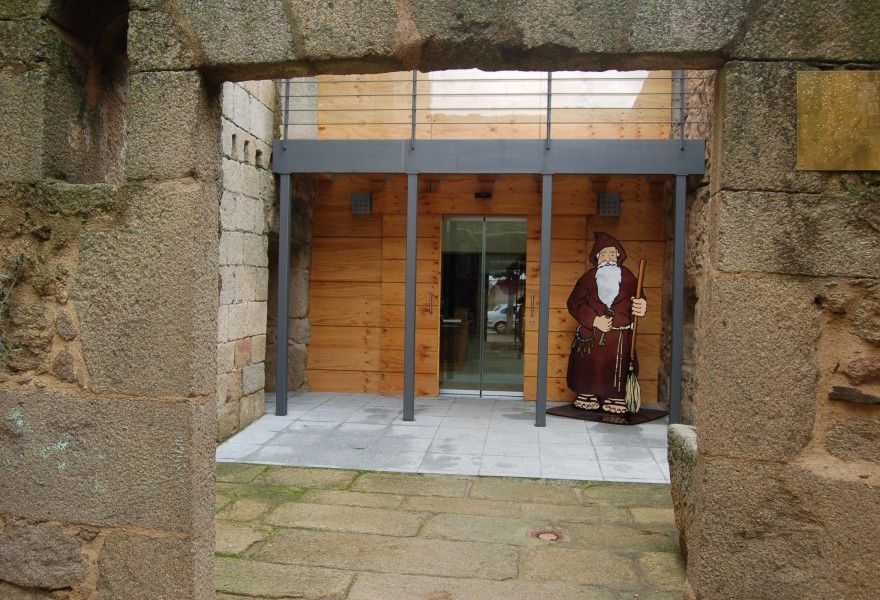
The consortium team of the project “Biobuilding diversity, bioclimatic architecture, sustainable rehabilitation and its application in natural areas” held a meeting in the House of Park Arribes del Duero in Fermoselle (Zamora) on the last 2nd of August.
The BIOURB NATUR project is mainly aimed to extend the use of bio-building solutions in energetic and constructive rehabilitations of non-residential buildings in natural areas, to train the cross-border construction sector in the new opportunities of sustainable building, to promote energy and environmental sustainability in buildings as a technical-scientific tourist attraction in natural areas and to reactivate the use of buildings in these cross-border natural areas. This project is co-financed by the programme of cooperation INTERREG V-A Spain-Portugal (POCTEP) 2014-2020 and will run until December 2019.
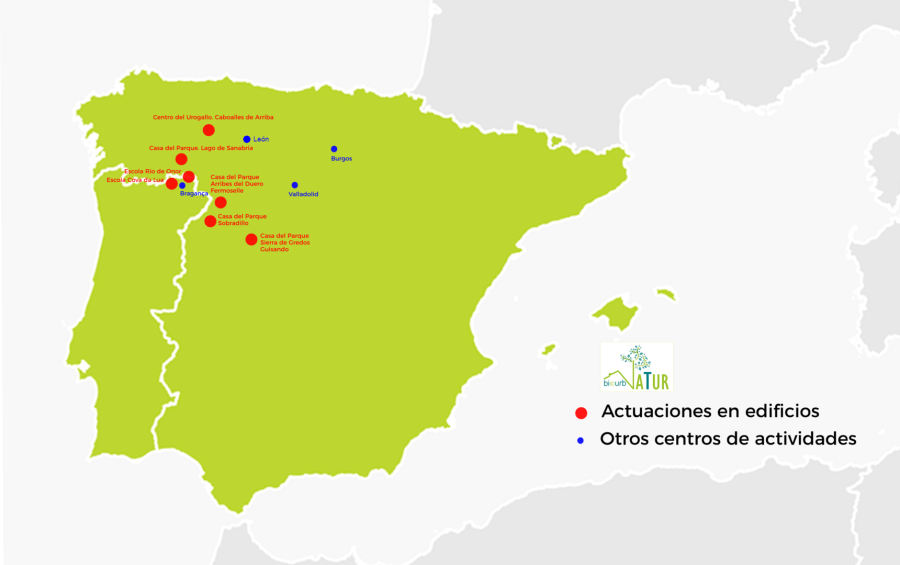
Representatives of all the partners attended the meeting with the presence of the Regional Energy Agency of Castilla y León (EREN, Main Beneficiary) Polytechnic Institute of Bragança (IPB), CIDAUT Foundation, Natural Heritage Foundation of Castilla y León (FPNCYL), Construction Institute of Castilla y León (ICCL) and the Municipality of Bragança.
The main objective of the meeting was the technical review of the progress in technical activities, as well as communication and project coordination activities.
Activity 1, in which CIDAUT participates, is ongoing and corresponds to the characterization of the buildings and their surrounding environment; it includes, among other information, data about the current conditions of buildings and their energy consumption.
Within Activity 2, CIDAUT has developed a methodology aimed to determine energy savings of different bioclimatic solutions (Sunspaces, Trombe walls or Canadian wells) when it is applied to tertiary buildings. Results are shown at the SCB Cal-02 tool, available to users on the project website.
Activity 3, which is also ongoing, consists of the physical implementation of several bioclimatic solutions in eight specific buildings, five of them located in natural parks in Castilla y León (Spain) and the other three located in Montesinho Natural Park (Bragança, Portugal). Results will be monitored by CIDAUT in some of them.
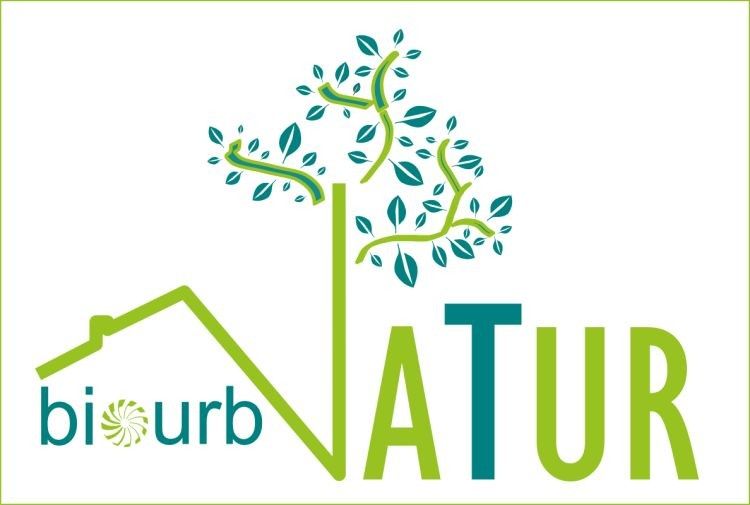
Finally, the Communication Activity includes the project web development, handbooks, video images, briefings and technical sessions in order to train building professionals about the implementation of bioclimatic solutions. It was agreed that it will be carried out throughout the project.
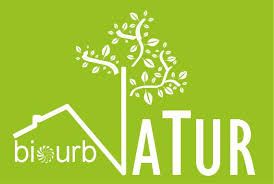
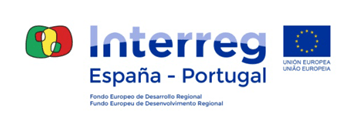
Tags: BIOURB NATUR, bioclimatic architecture, sustainable building, POCTEP
by cidaut | Mar 15, 2018 | Sin categoría
FCH Regions and cities initiative (http://www.fch.europa.eu/page/about-initiative) has set a series of workshops of the in different cities throughout in February- March 2018. The first one took place the 14th of February in Puertollano (Spain) in the National Centre of Hydrogen facilities. CIDAUT and Valladolid City Council had the opportunity to assist as part of the consortium of the initiative.

The workshop was attended by the mayor of Puertollano, Mayte Fernández, who together with the Minister of Economy of Castilla La Mancha, Patricia Franco, welcomed the opening of the Congress. Both stressed that the workshop was a good opportunity to expose the great potential of hydrogen in terms of energy. Emilio Nieto as Director of the National Centre of Hydrogen made an introduction to give way to the beginning of the workshop.
The workshop also had the presence of Enrique Girón as a representative of the FCHJU who kindly attended to all the doubts of the attendees regarding the initiative, as well as other issues related to projects financing. During the whole workshop the debate was moderated by the Roland Berger consultancy as coordinators of the initiative.
The different speakers were exposing the opportunities of hydrogen as an alternative energy source. Thus, Guillermo Figueruelo of the Hidrogeno Aragón Foundation presented the different projects they are involved such as HyER and BIGH2IT.
Carlos Funez presented the projects on hydrogen generation, hydrogen refuelling stations and the promotion of hydrogen vehicles from the point of view of CNH2 and INDHO. Jose Antonio Gago from ENAGAS presented a flagship proposal on Hydrogen corridors to cover Spain and Portugal, proposal that is supported by numerous entities that gathers a great consortium.

Regarding Valladolid, Henar Olmedo from CIDAUT stated that the City Council of Valladolid is working in a FCH roadmap, and, as signatory of the Covenant of Mayors, it has a Sustainable Energy and Savings Plan (SEAP). Any improvement of energy efficiency goes through the study and use of alternative energy to fossils such as renewable energy and can be hydrogen. The project to be implemented by the city council comes first in the awareness of citizens towards an unknown source of energy and reputed to be dangerous. Within the FCH technologies, the municipality has in mind the use of hydrogen in garbage trucks or buses.

Finally, as the closing of the event, the attendance of all the participants was appreciated and the next workshop was located in April, possibly in Santander.
by cidaut | Feb 10, 2017 | Sin categoría
The first Steering Committee of VULKANO project was held in Zaragoza from the 14th to the 15th of December 2016. Representatives of all the 12 different companies and research centres that make up the VULKANO consortium attended the two-day meeting.

The first day, the state of progress of the activities after the first months of implementation was reviewed. As Task leader, CIDAUT presented the preliminary results obtained in the feasibility assessment of natural gas substitution by alternative fuels (Co-firing) in furnaces.
Exploitable results coming out from VULKANO’s integrated solution were also analysed through a dedicated workshop where both the developers and end-users had the chance to come up with different perspectives.
The second day, a project monitor from the Commission attended the meeting to evaluate the progress of the ongoing tasks and to support the partners towards the challenging objectives of VULKANO project. Specific working sessions on the different technologies to be implemented at the pilot sites took place afterwards to discuss technical details. One of the most relevant sessions where CIDAUT participated was held to determine and collect the most significant data of burners and furnaces in order to start with the modelling and computer simulations.
by cidaut | Sep 20, 2016 | Sin categoría
The VULKANO consortium met in Brussels last July 12-13th to kick-off the project. All partners introduced their companies to the EC Project Officer, highlighting their respective role in the project (BOSIO, FIVES STEIN, CSM, PCM Products, VALJI, TECNALIA, IEN, TORRECID, FRAUNHOFER, ASAŞ, CIDAUT and CIRCE as coordinator). It was also possible to have with us the Executive Director of SPIRE (Sustainable Process Industry through Resource and Energy Efficiency) Public Private Partnership.
This EC-funded project aims to provide solutions for a more efficient and sustainable European industry. In particular, the project’s efforts will be focused on Energy Intensive Industries as they are constantly facing challenges to enhance their process efficiency, reliability and flexibility. This is especially true for processes that involve industrial furnaces due to their high energy consumption rates.
20% increase in industrial furnace efficiency and 27% reduction of fossil fuels use
With these objectives in mind, the project will design, implement, integrate and validate five innovative strategies: improved refractory materials, phase change materials energy recovery, monitoring, in-house predictive tool and co-firing.

CIDAUT will be specially focused to the co-firing strategy that will partially replace natural gas by alternative or renewable energy sources. To do so, new or retrofitted burners will be developed to run on syngas obtained from biomass or other off-gases recovered from the process.
by cidaut | Apr 8, 2016 | Sin categoría

Source http://www.worldmanufacturingforum.org/
The World Manufacturing Forum (which is an event funded by the European Union Framework Programme for Research and Innovation Horizon 2020) will take place in Barcelona on 3-4 May. This year’s edition is titled From Global Challenges to Grand Manufacturing Opportunities: Leading towards Growth and Sustainability. At CIDAUT we believe this is a great chance to speak about projects, ideas and challenges to come with partners and customers, enlarging out networks and enriching the experience with fruitful conversations and a very interesting program.
The vision stated at the WMF is the following: the importance of manufacturing as a key contributor to economic wealth and growth has been recognized and elevated again as a priority in industrialized nations in the early 21st century. Innovation fueled by ever increasing customer demand drives research efforts toward increased productivity through the development and use of new technologies, whilst respecting the need for a more sustainable use of resources across the globe.
In their aspiration to generate new revenue manufacturing enterprises expand beyond traditional boundaries. Globalization has been the biggest driver of growth for many of them over the past decades, but today, it looks as this may not be sufficient anymore, as sustainable competitive advantage requires solid innovation and effective resource-use strategies.
In this context, the World Manufacturing Forum will bring together policy experts, industry leaders of large multinationals and small to medium-sized enterprises, as well as academic leaders across the globe to discuss the economic, social and technical challenges that will impact global manufacturing in the future.
The Forum will address technological and financial challenges affecting industrialized and emerging economies alike as well as the policies supporting and defining new manufacturing megatrends and challenges to SMEs in global markets. Also, trends such as manufacturing intelligence, social innovation, the Circular Economy, zero-waste concepts and disruptive technologies as drivers for products and services in the future.

Source http://www.worldmanufacturingforum.org/











